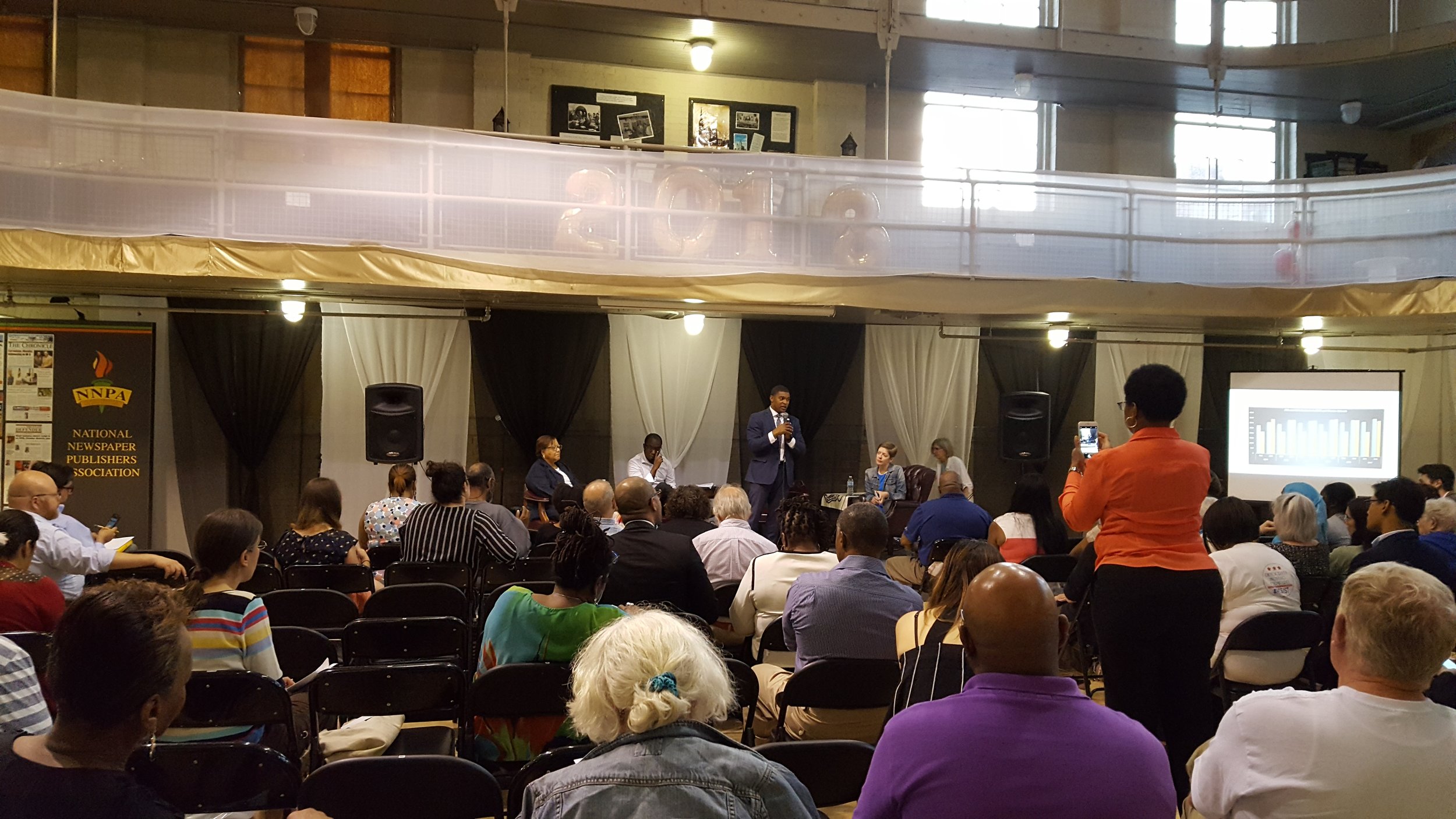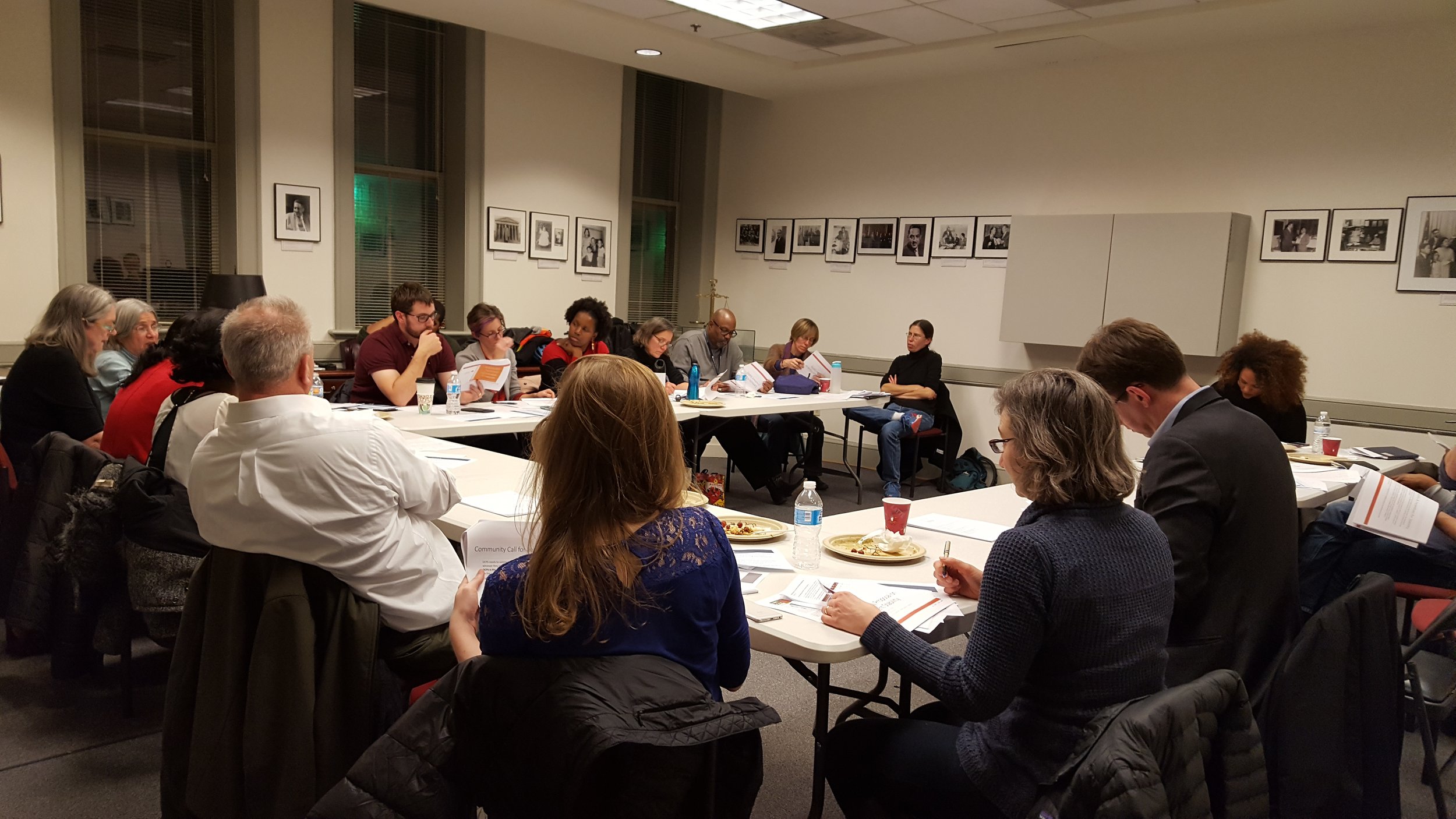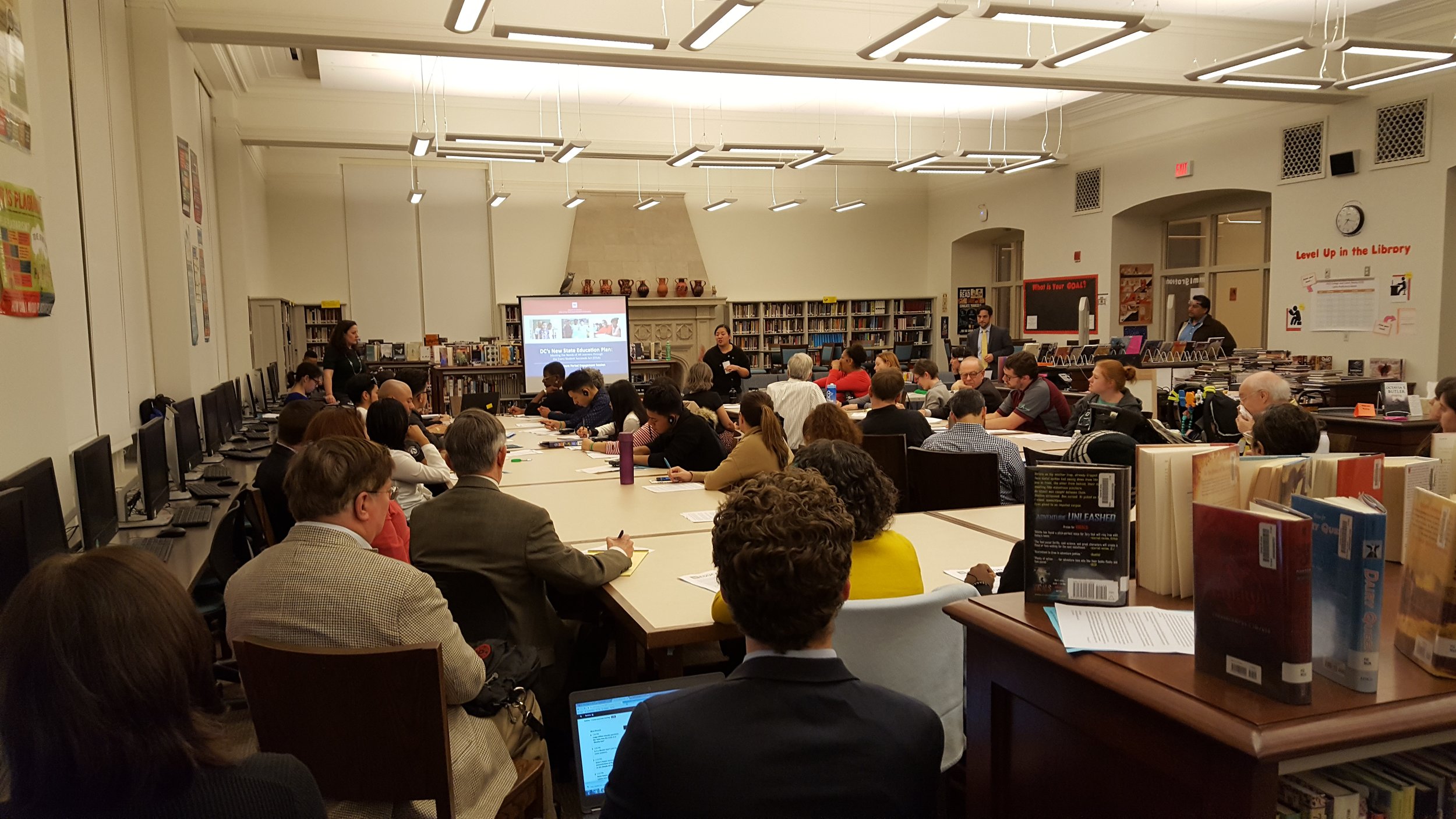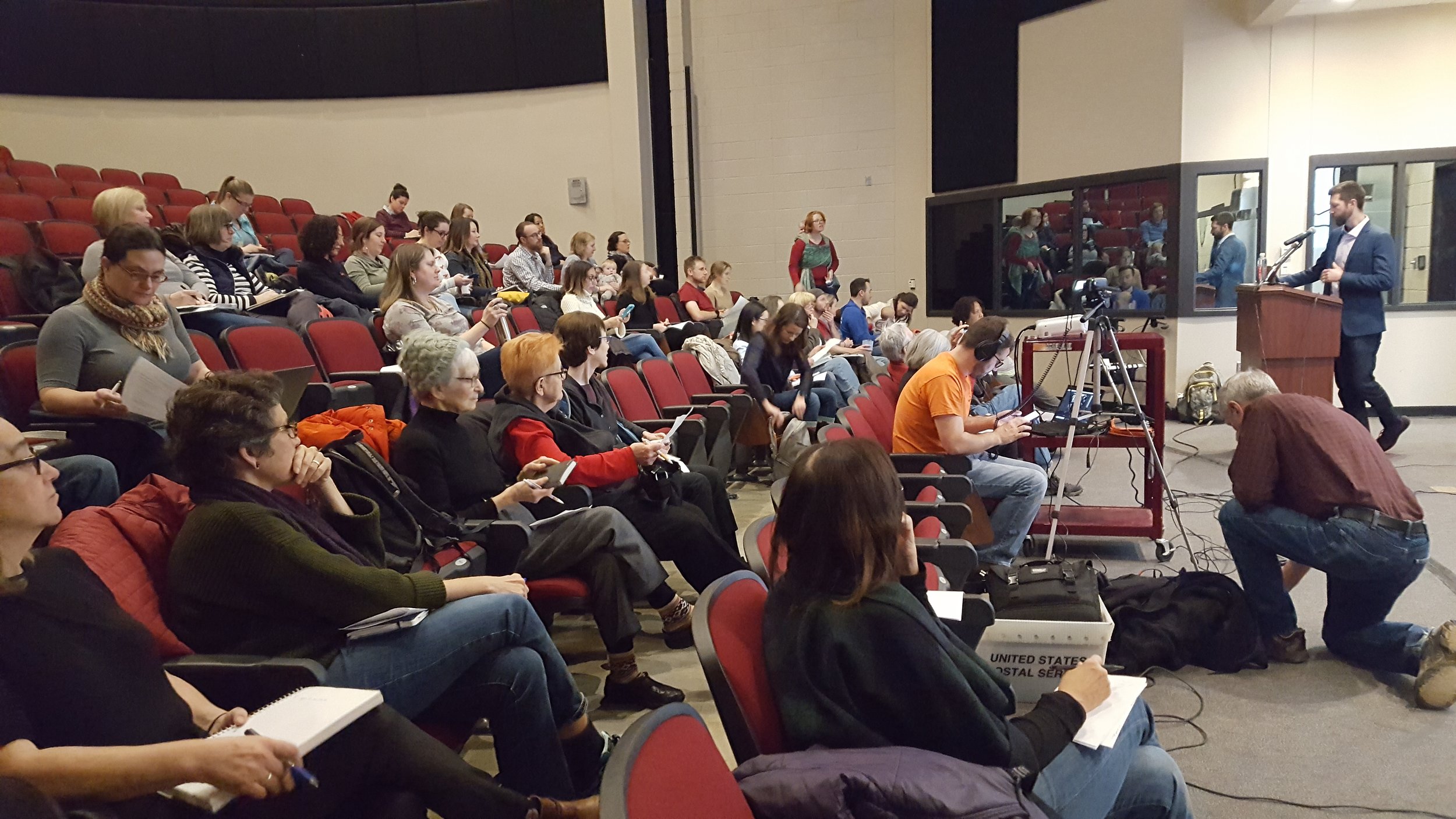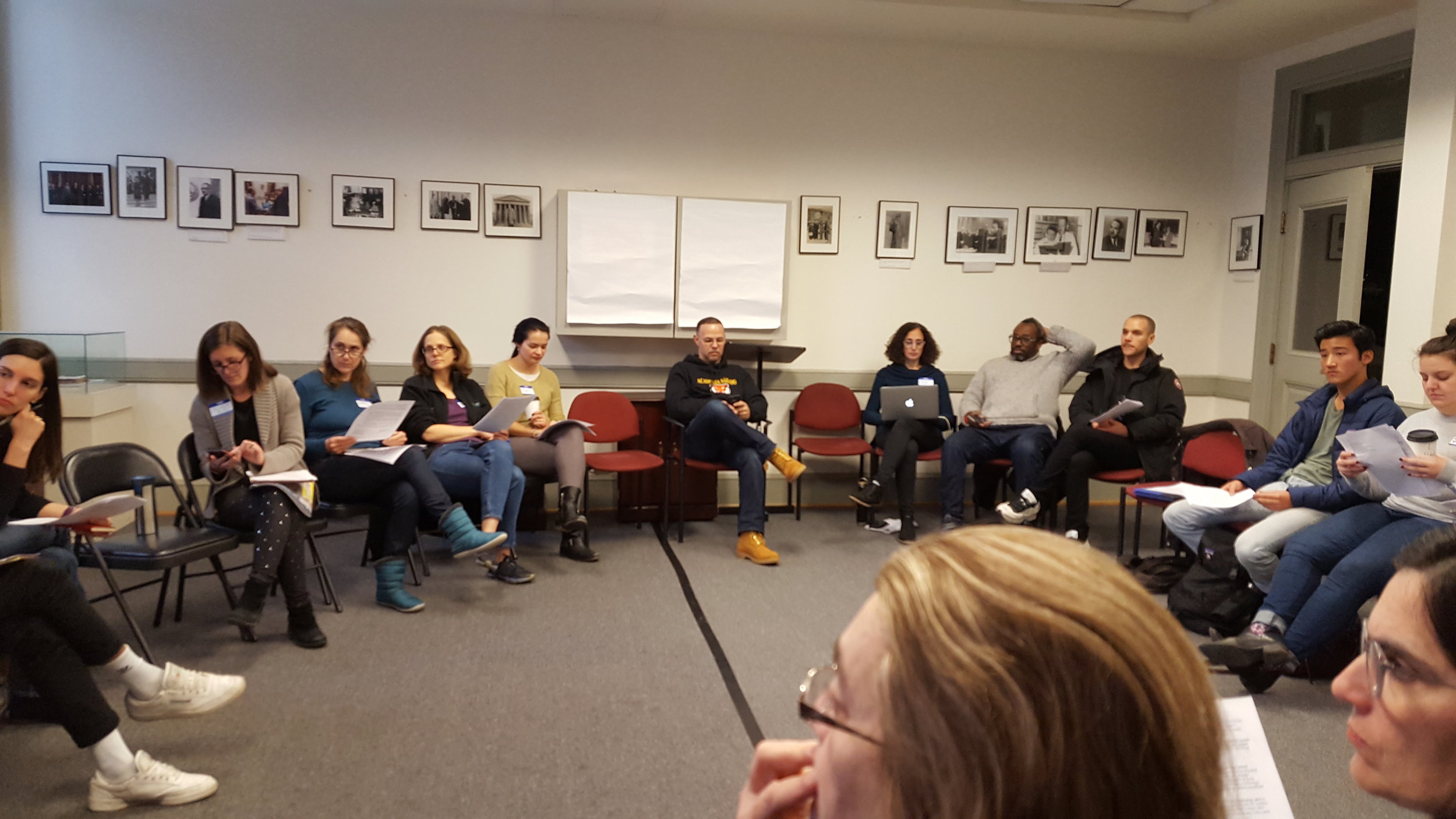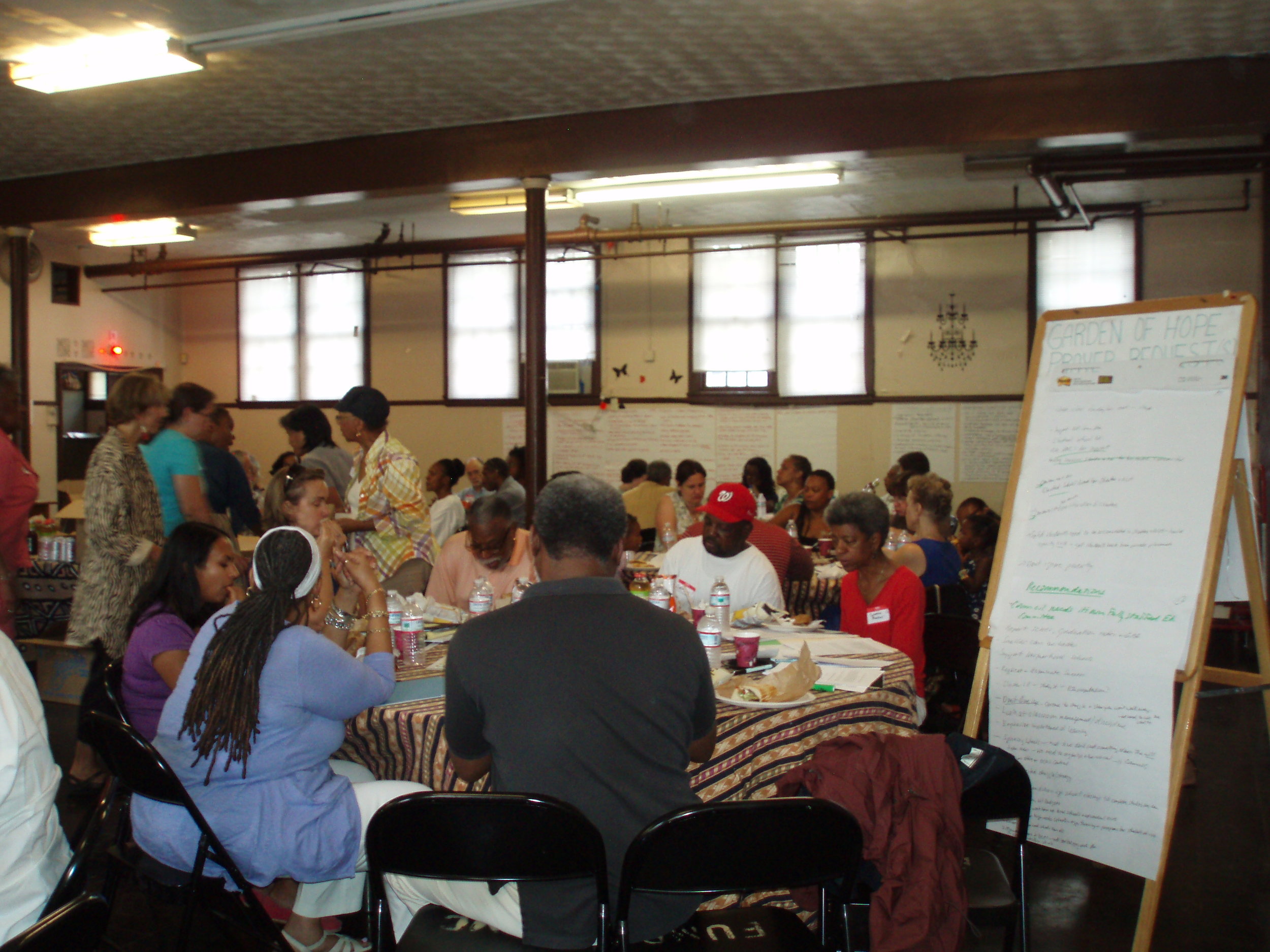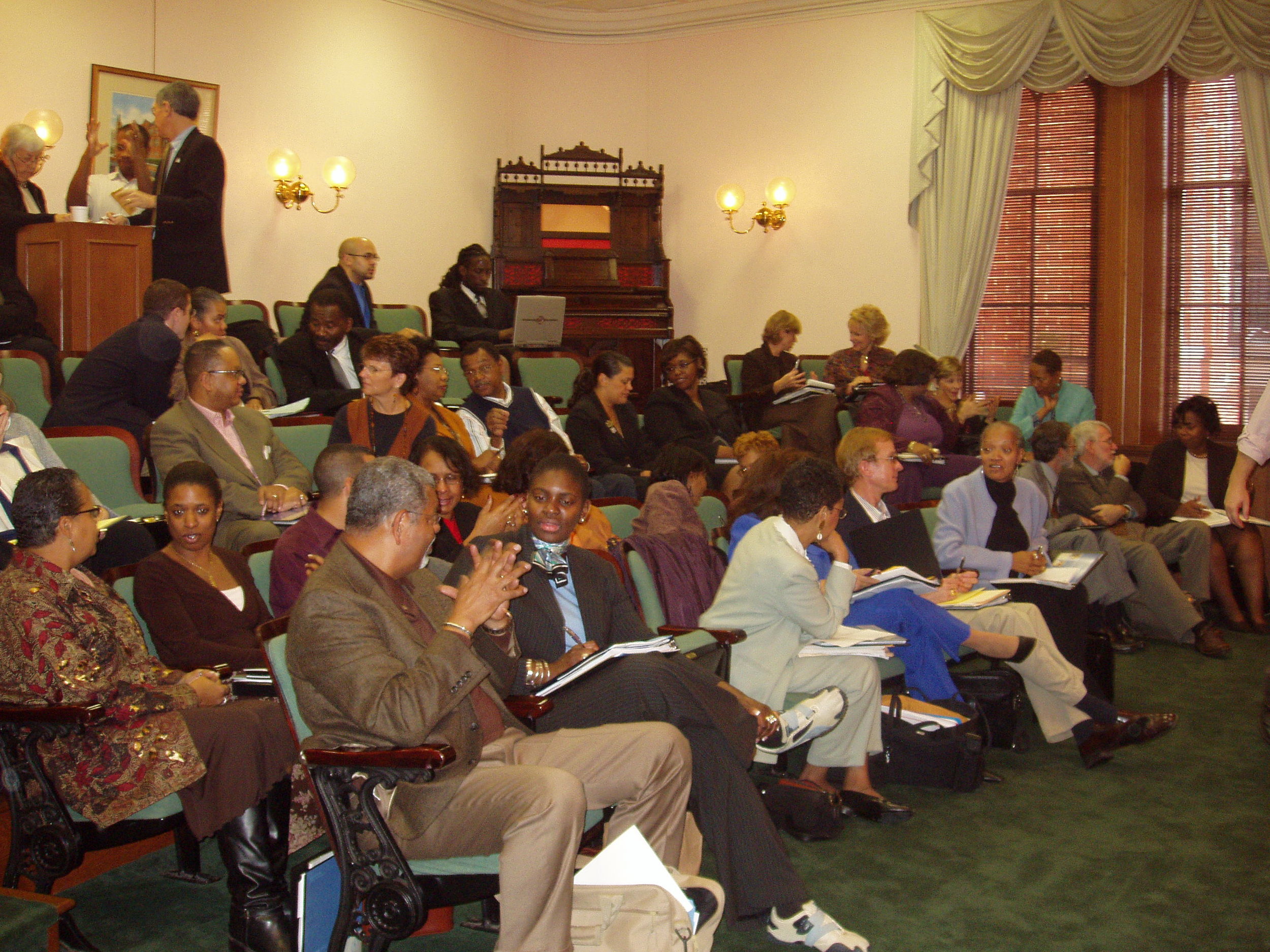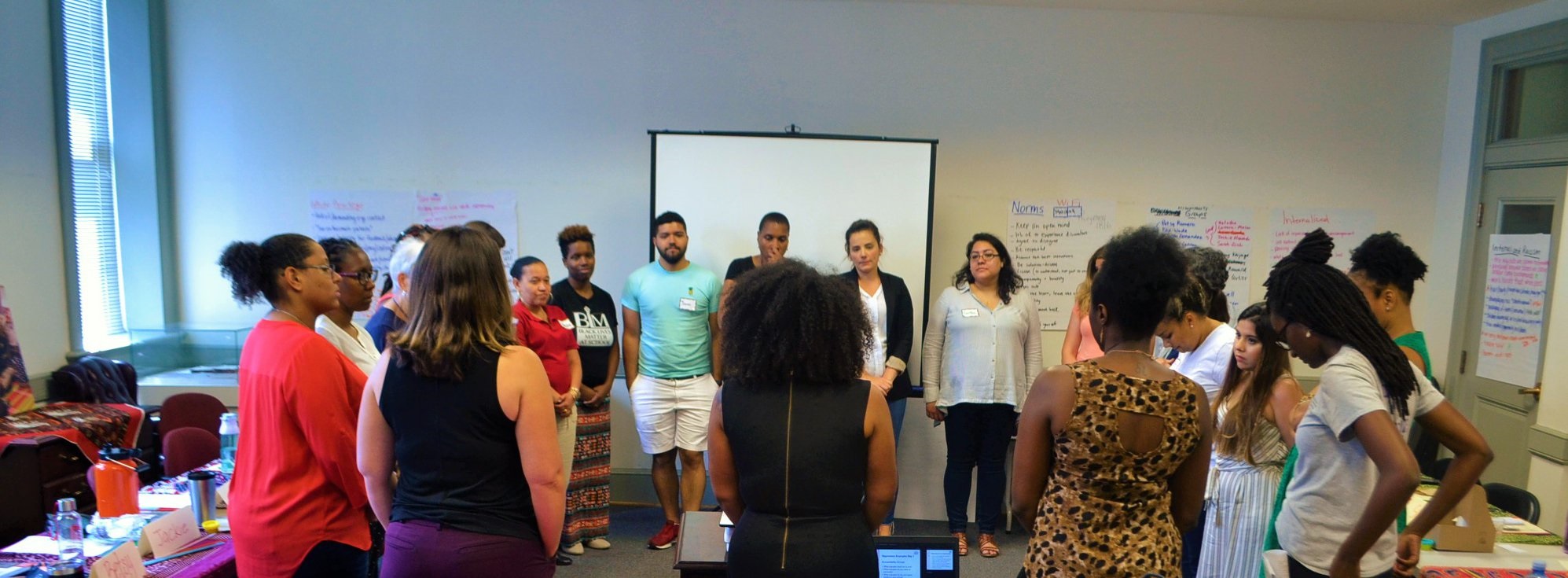2022-11-16 DCPS Budget Hearing Testimony
/Hello, my name is Elizabeth Corinth. I am a ward 6 resident and the parent of three DCPS students at School-Within-School @ Goding, where I currently serve as the LSAT chair. As we prepare the DCPS budget allocations for FY24, we urgently need to address the insufficiency of the baseline budgets that schools receive.
I challenge you to find a DCPS school that feels that its baseline budget allocation is truly sufficient for its baseline operations. I challenge you to find a DCPS school that didn't find itself using one-time stabilization or recovery funds for expenses that are ongoing and part of its baseline operations in FY23. I challenge you to find a DCPS school that felt it had enough left over to adequately address the true specific and extraordinary recovery needs brought about by the pandemic. And I challenge you to find a DCPS school that is not deeply worried about what it will do next year when some of these one-time funds are no longer available.
Most concerningly, I challenge you to find a DCPS school that did not use some amount of its targeted funds, intended to serve at-risk, special needs, and other underserved populations, towards expenses which are in fact part of the school's general operations. When this is the state of affairs, we are failing those students with the greatest need by claiming to provide them with additional support but placing it on a crumbling foundation.
Also concerningly, I challenge you to find a DCPS school that doesn't feel the need to tap into family donations and contributions, to whatever extent its community can provide them, in order to cover programs and services that they consider to be the bare minimum they should be providing to their students. Some schools are able to raise hundreds of thousands of dollars to supplement their programming, while other schools raise little to nothing from families. This exacerbates educational inequities by allowing schools that serve wealthy families to offer programs and services that other schools are not able to provide. Imagine a world in which we funded public schools not out of scarcity, but out of abundance, such that wealthy families did not feel the need to pour additional dollars into their child's school. That is the world that students deserve, because that is a world where educational equity begins to become a real possibility.
As I listen to my fellow LSAT members from other schools in my ward and beyond discuss their annual budget allocation decisions, what I hear is that there is never enough. What I hear is that annual budget allocations consistently fail to keep pace with payroll increases, enrollment increases, inflation, and other drivers of rising cost, so that even what looks like an increase over last year's budget often turns out to be, in effect, a decrease in spending power, necessitating further cuts to a budget that is already insufficient.
In Washington DC, in 2022, this should not be the situation in which we find ourselves. In order to move towards the educational equity which is our moral imperative, in order for targeted funds to truly and fully serve and support the students they are designed for, in order to uphold our political duty to make a quality public education available to every student regardless of socioeconomic status, race, ethnicity, ability, zip code, or any other factor -- we must take a hard look at the baseline budgets we are offering to schools, identify the many ways in which they fall short of meeting the true baseline needs of those schools, and immediately find a way to make up that difference, with a commitment to doing so on an ongoing rather than a one-time basis.
Thank you for your time and consideration.
